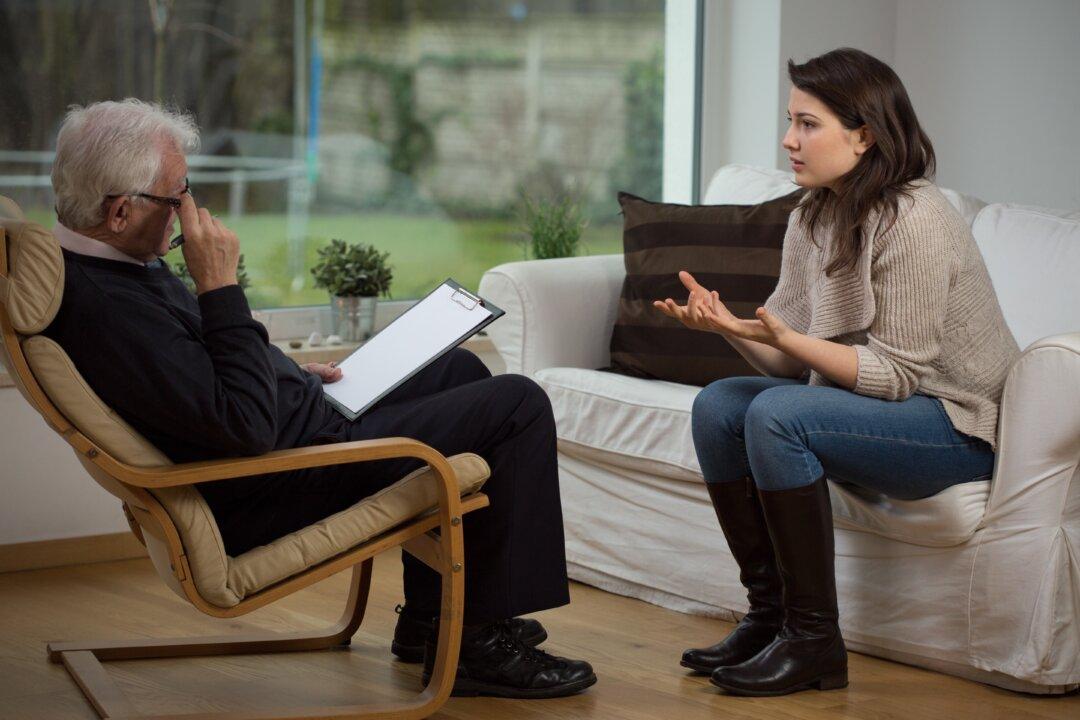Being a good parent is hard, and it’s harder now than it has ever been before. Some may say it’s always been a challenge to be a good parent, and that children have not changed much over the years. It’s true children have not changed, but the circumstances of parenting are different, including the increasing role of technology and the breakdown of the family. But there is one other, important culprit—and parents may be inviting that culprit right into their home.
In their tour-de-force parenting book “Hold On to Your Kids: Why Parents Need to Matter More Than Peers,” Gordon Neufeld and Gabor Maté excoriate the role of peer culture in the lives of today’s youth and how it affects our ability to parent our children.






